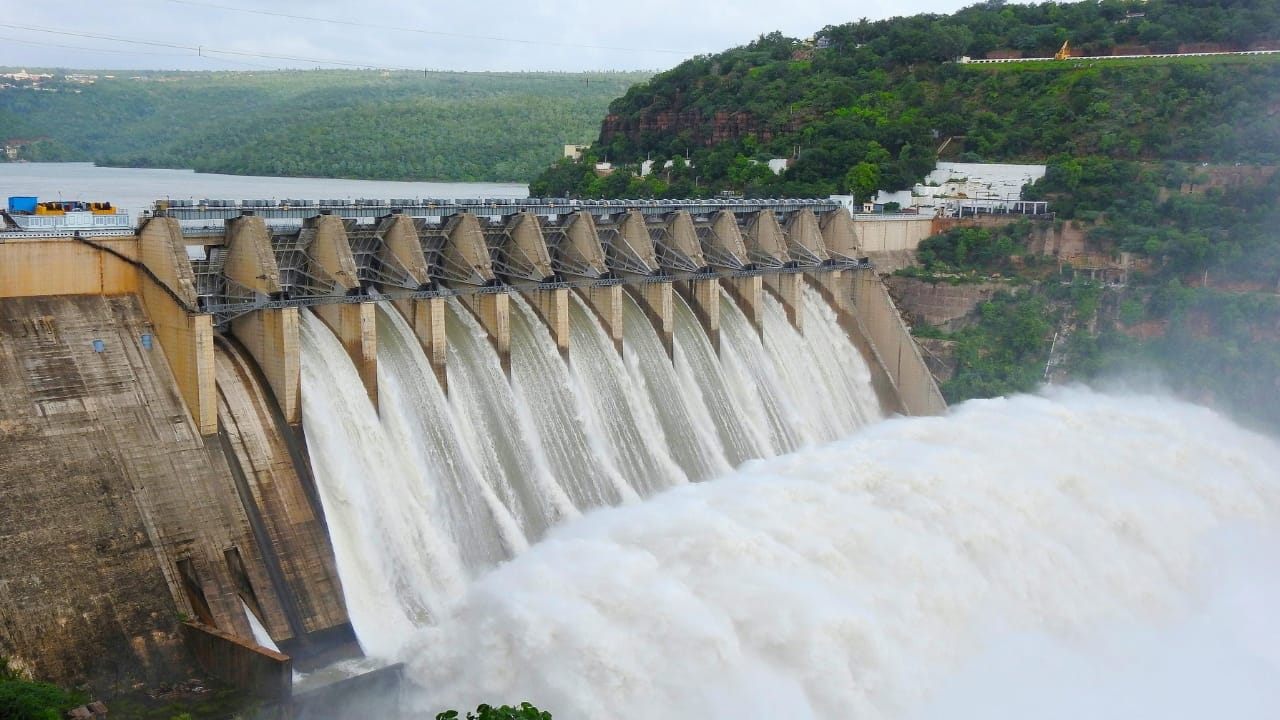IMF Rejects Water Cess, Recommends GST Increase
The International Monetary Fund (IMF) has rejected Pakistan’s recent proposal to impose a 1% water storage cess on all taxable goods aimed at funding large dam projects. Instead, the IMF has suggested a GST increase from the current 18% to generate the required revenue.
The proposed tax was intended to support the construction of major water infrastructure projects, including Diamer-Bhasha Dam, Mohmand Dam, and a planned Chenab Dam. However, the IMF raised concerns over legal clarity, revenue governance, and handing over financial control to WAPDA.
Dam Funding Faces Major Shortfall
The Diamer-Bhasha Dam’s revised estimated cost has soared to over Rs. 1.1 trillion, up from its original Rs. 479 billion. Despite this, only Rs. 25 billion has been allocated for the current year, leaving a massive shortfall.
Similarly:
Mohmand Dam: Needs an additional Rs. 173 billion
Chenab Dam (proposed): Estimated cost of Rs. 220 billion
Combined, these projects require Rs. 1.35 trillion in extra funding.
IMF’s Alternative: GST Hike or Reallocation
Instead of introducing a new cess, the IMF has proposed two options:
Raise GST rate from the current 18%
Reallocate funds from within the existing Rs. 1 trillion development budget
The IMF insists that any new tax efforts must maintain fiscal transparency and avoid creating parallel channels for fund control.
Government’s Other Options
To avoid burdening taxpayers with a GST increase, the government may look into amending the Gas Infrastructure Development Cess (GIDC) law. Over Rs. 400 billion in unspent collections could potentially be redirected to dam construction through legal adjustments.
Conclusion
Pakistan is at a crossroads in its infrastructure development journey. While the need for massive investments in water storage is clear, the IMF’s rejection of the water cess has shifted focus to more traditional methods like a GST increase or internal budget reshuffling. The government must now carefully consider its next move to fund these national priority projects.
















